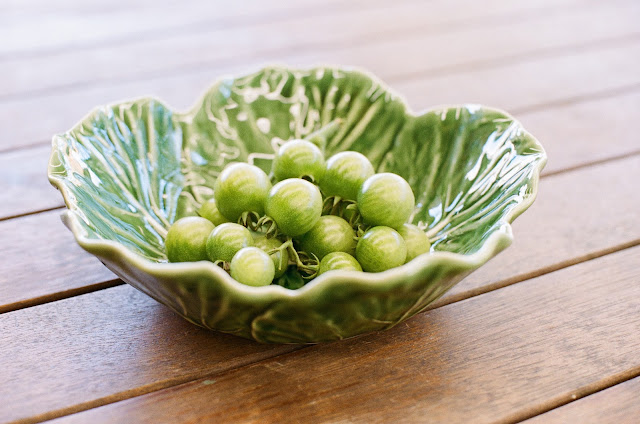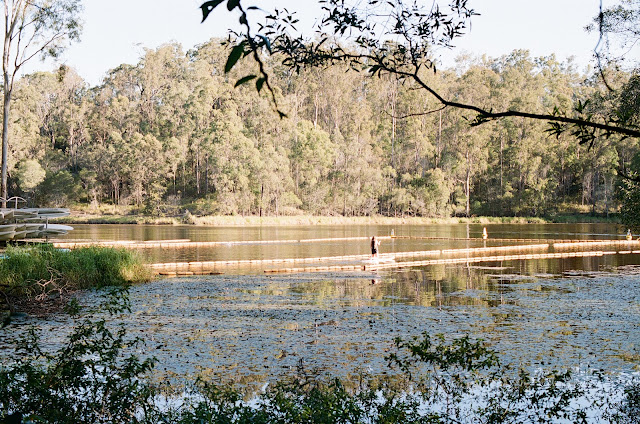Last year I got a few books out from the library about the "Blue Zones". Research has shown that there are 5 Blue Zones in the world where people are claimed to live, or have recently lived, longer than the average.
Dan Buettner has written a new book and has a Netflix 4 part documentary called "Live to 100 secrets of the Blue Zones" starting on 30th August. You can follow him on Instagram here for more tips and tricks to living a great life.
1. Natural Movement - Individuals living in the Blue Zone regions engage in everyday physical activities, such as gardening, walking, and climbing hills and mountains. Many of them maintain traditional lifestyles, refraining from using modern mechanical conveniences, such as washing machines and farming equipment. Physical activity is protective against certain chronic conditions, including heart disease, stroke and type 2 diabetes and is associated with improved psychological health and quality of life.
2. Sense of purpose - One's purpose in life, referred to as Ikigai in Okinawa and plan de vida in Nicoya [which translates to "why I wake up in the morning"] contributes to human longevity and overall health and well being. Individuals with a purpose in life are goal-driven, move through life with intention, and analyze life experiences for their personal growth and development. Having a greater purpose in life, whether that be a hobby, fulfilling career, or responsibility to care for loved ones, is associated with numerous psychological benefits, including improved happiness, self-esteem, gratitude and a positive outlook on life. Furthermore, it's estimated that having a clear purpose in life may increase your life expectancy. A study of over 1,200 older individuals living in retirement communities or senior subsidized housing facilities found that having a purpose in life reduces the risk of all-cause mortality. I wrote a blog post on the book "Ikigai".
3. Stress management - Although stress is nearly impossible to avoid, choric [long-term] stress can wreak havoc on the body. When left unaddressed, chronic stress may contribute to inflammation and certain health conditions, such as heart disease and depression. The world's longest-living people engage in activities that help manage stress, such as napping, praying, and attending happy hour with friends.
4. 80% rule - People in the Blue Zones tend to avoid overeating by eating until their stomachs are about 80% full. many individuals also eat smaller meals throughout the day and abstain from eating late in the evening. For example, Okinawans follow the principle Hara Hachi Bu, which means "eat until you're 80% full". Sticking to this simple rule prevents overeating, encourages more mindful eating practices, and contributes to longevity.
5. Plant-centric diet - The vast majority of individuals living in the Blue Zone regions consume meals consisting of mostly plant-sourced foods. Animal proteins are generally consumed in small amounts and are often reserved for special occasions. Most of their eating patterns align with the Mediterranean Diet, emphasizing the consumption of vegetables, fruits, whole grains, nuts, seeds, beans, legumes and healthy oils such as extra-virgin olive oil [EVOO]. Extensive research has demonstrated that a plant-heavy diet, such as the Mediterranean diet, is associated with lower risk of all-cause mortality, lower incidence of depression, and reduced cognitive decline.
6. Wine consumption - Enjoying moderate amounts of wine [one to two glasses per day] with friends and family is a common practice among many adults living in the Blue Zones, with the exception of the Seventh-Day Adventists of Loma Linda, California. As part of the Mediterranean Diet, wine consumption has been associated with improved disease prognosis and a reduced risk of numerous chronic health concerns, including age-related cognitive decline, cardiovascular disease, type 2 diabetes, and certain cancers.
7. Social networks - Centenarians often choose to participate in social circles that support healthy lifestyles and behaviors. Social connectedness is particularly important for maintaining psychological and physical well-being in old age. Research has shown that older adults who have a strong social support and social networks tend to retain independence, have a stronger sense of purpose in life, and may experience slower cognitive decline compared to those who are socially isolated. Did you know - Healthy habits may be contagious. Researchers have found that people are more likely to engage in healthy or unhealthy behaviors depending on the behavior of those in their social circles.
8. - Spirituality - Most people living in Blue Zones belong to a faith-based community, and religious affiliations vary among the populations. Attending weekly faith-based services may add between four and 14 years of life expectancy. Research has shown that attending faith-based services as little as once per month may also exert health benefits. Some of the health benefits associated with attending faith-based services improve immune system function and reduced risk of heart disease. No matter your faith, spirituality is believed to promote general well-being.
9. Family first - Family relationships are a top priority for individuals in Blue Zone regions. Parents invest time in their children and individuals have committed life partners. Furthermore, it is common for aging parents and grandparents to live with their children or other family members where they contribute to household responsibilities and childcare.
The Bottom Line - The Blue Zones are unique regions across the world with the healthiest, happiest and longest-living people, as identified by Dan Buettner, National Geographic, and several scientists. Focusing on healthy diet, regular physical activity, social connectedness, spirituality, and stress management are healthy habits shared by the people living within the Blue Zones and may promote overall health and longevity. The above article can be found here.
I don't know if I want to live to be over 100 however it's the quality of life that will be important moving forward. That currently involves losing weight, getting fit, eating well and doing passion projects. My birthday is next month and these years just seem to be flying by quicker and quicker so all the more reason to focus on health and happiness.




















